When it comes to Patricia Highsmith, her renowned Ripley series immediately springs to mind, with its unforgettable depiction of criminal tactics and Ripley's twisted psyche. However, there are numerous works worth exploring beyond her quintessential Ripley quintet. In addition to crime stories, Highsmith delves deep into romance, offering profound insights into human relationships. This article focuses on three outstanding film adaptations of Patricia Highsmith's works other than the Ripley series: her debut Strangers on a Train, her first lesbian novel Carol, and the first incomplete work to be adapted into a film, Deep Water.
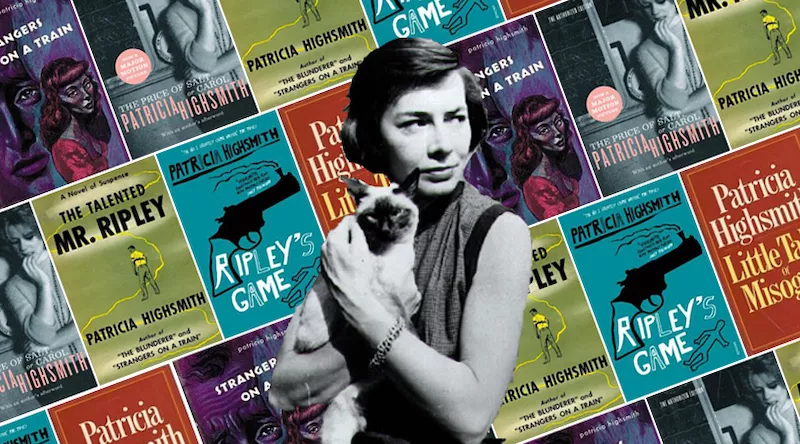
Strangers on a Train (1951)
Though not as prolific as the renowned mystery novelist Agatha Christie, Patricia Highsmith's pioneering works are sufficient to secure her a place in the mystery genre. Her debut novel, Strangers on a Train, published in 1951, immediately caught the eye of the master director Alfred Hitchcock, who adapted it into a film of the same name, making a striking debut. Subsequently, the successful adaptation of the "Ripley series" followed.
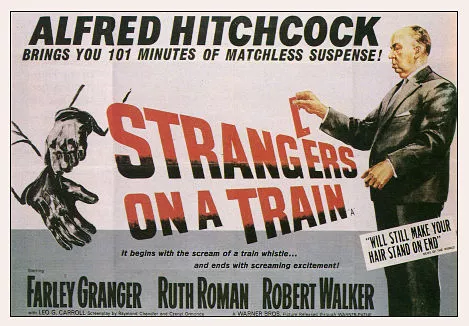
Strangers on a Train, directed by Alfred Hitchcock and released in 1951, is a textbook-level suspense film starring Farley Granger, Robert Walker, and Ruth Roman. The film tells the story of Bruno Antony proposing a murder-exchange plan to tennis star Guy Haines. After being rejected, Bruno Antony embarks on a series of revenge actions. Farley Granger, playing the tennis star, becomes angry with his unfaithful wife and meets a stranger, played by Robert Walker, on a train. The two agree to commit murders for each other, resolving both their hatred and their motives for murder.
The ending scene of the film depicts a mesmerizing montage. For instance, the carousel shot is flexibly used by later directors. In just a few minutes, the wise and calm character of the protagonist is established. Whether saving a child or lying to the police, the protagonist's thorough thought process quickly unfolds, enriching the character.
Carol (2015)
While crime and suspense were Patricia Highsmith's forte, she also penned a unique love story, The Price of Salt, which regained public attention in 2015 with the release of its film adaptation, Carol. Directed by American filmmaker Todd Haynes and starring Cate Blanchett and Rooney Mara, the film showcased Mara's stellar performance alongside Blanchett, earning her the Best Actress award at the Cannes Film Festival that year. Due to the sensitive portrayal of a "forbidden love" in the novel, Patricia Highsmith chose not to use her real name when it was first published. Decades later, though she couldn't witness it herself, audiences could finally sit in theaters, shedding heartfelt tears for the untouchable love between Carol (played by Cate Blanchett) and Therese (played by Rooney Mara).
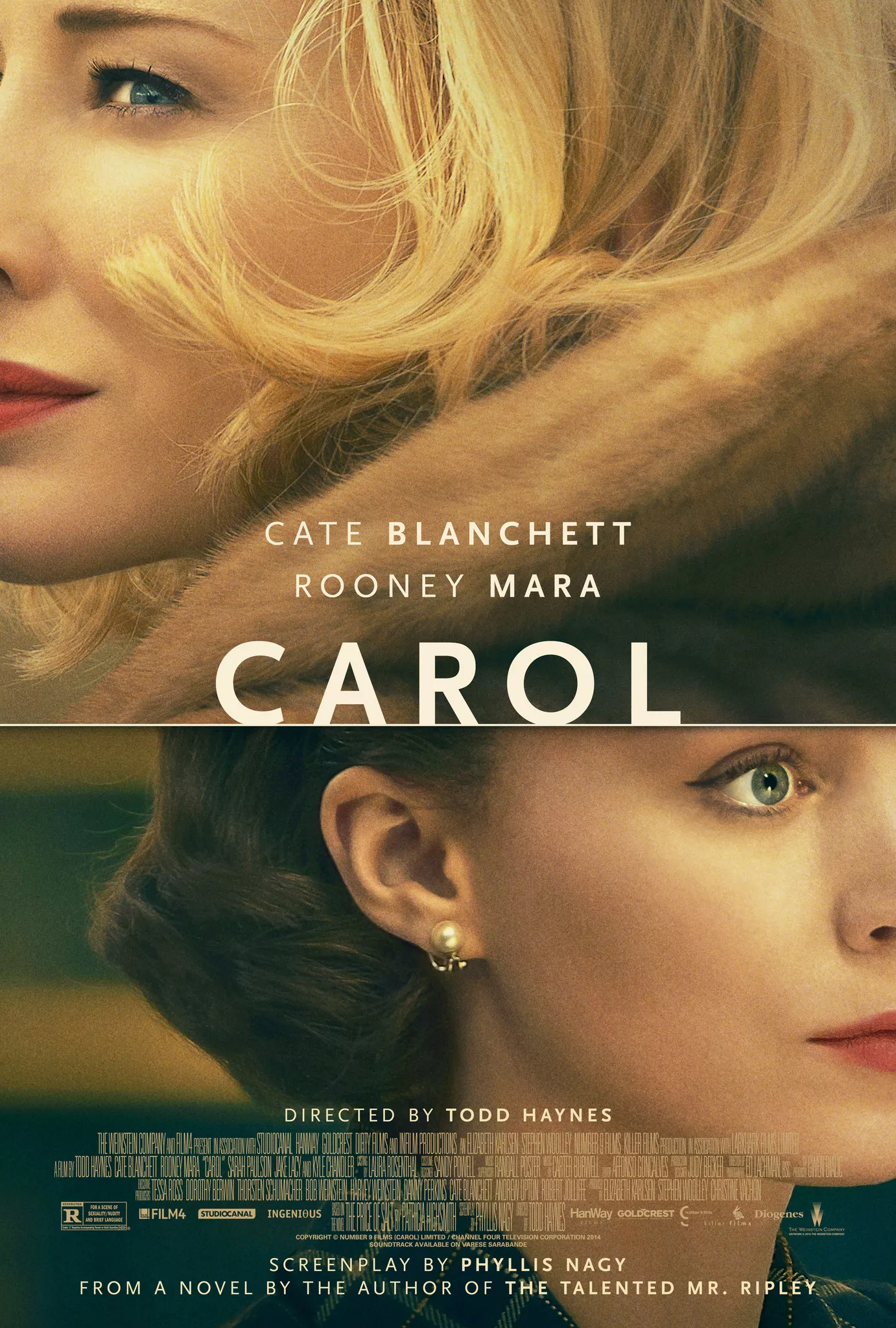
In an interview, Patricia Highsmith expressed that the enduring popularity of this story stemmed from its portrayal of characters who "don't commit suicide but try to make something of their lives." She acknowledged that she deliberately crafted the narrative of the two protagonists overcoming societal barriers to embrace a shared future, sincerely hoping for a fulfilling resolution.

As we ponder the myriad Ripleys that have graced the silver screen, we are reminded of the enduring allure of this character. With each adaptation, we peel back another layer of Ripley's psyche, revealing new facets of his twisted persona. Whether navigating the treacherous waters of deception or grappling with the complexities of desire, Ripley continues to captivate audiences.
Deep Water (2022)
Patricia Highsmith once again proves herself a masterful storyteller in this adaptation of her 1957 novel. The allure of the source material far outweighs any other factor, with the title itself serving as a clever metaphor for the marital and romantic entanglements at the heart of the story. Indeed, Deep Water is not merely where Vic conceals bodies; it symbolizes a profound dilemma concerning marriage and love. Yet, miraculously, Highsmith seems to subvert conventional notions of such predicaments, suggesting that this "deep water" may not ensnare women as expected.
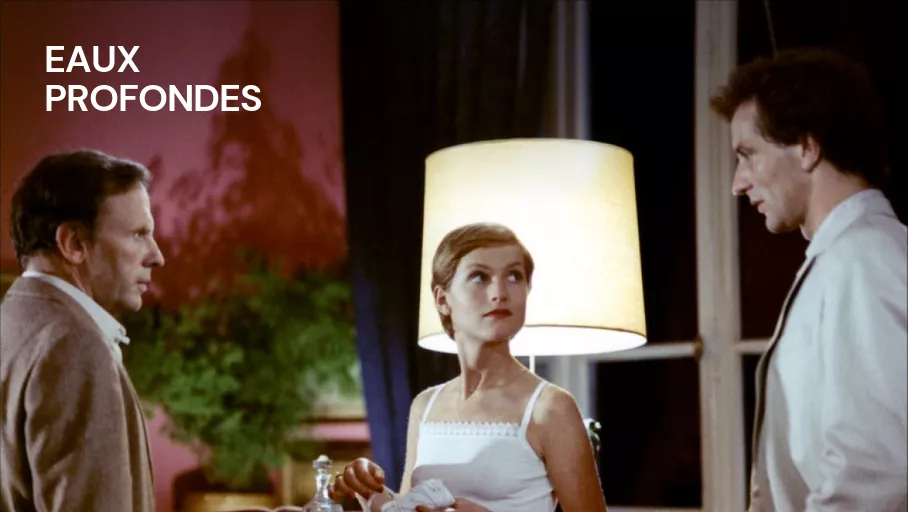
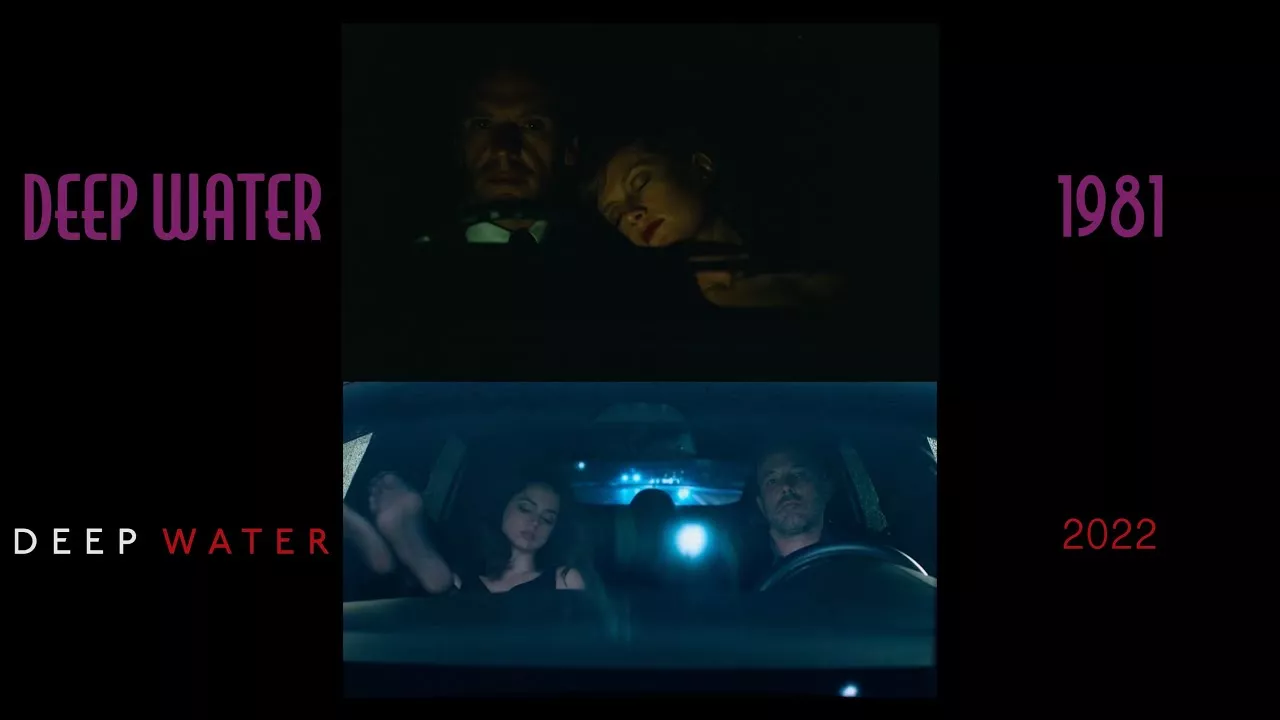
In 1981, director Michel Deville first adapted the novel into a film, relocating the story to France and transforming Melinda into Melanie, portrayed by Isabelle Huppert. In 2022, Adrian Lyne (Unfaithful ) now helms a contemporary adaptation starring Ben Affleck and Ana de Armas. Deep Water marks Affleck's return to romantic thriller crime after Gone Girl.
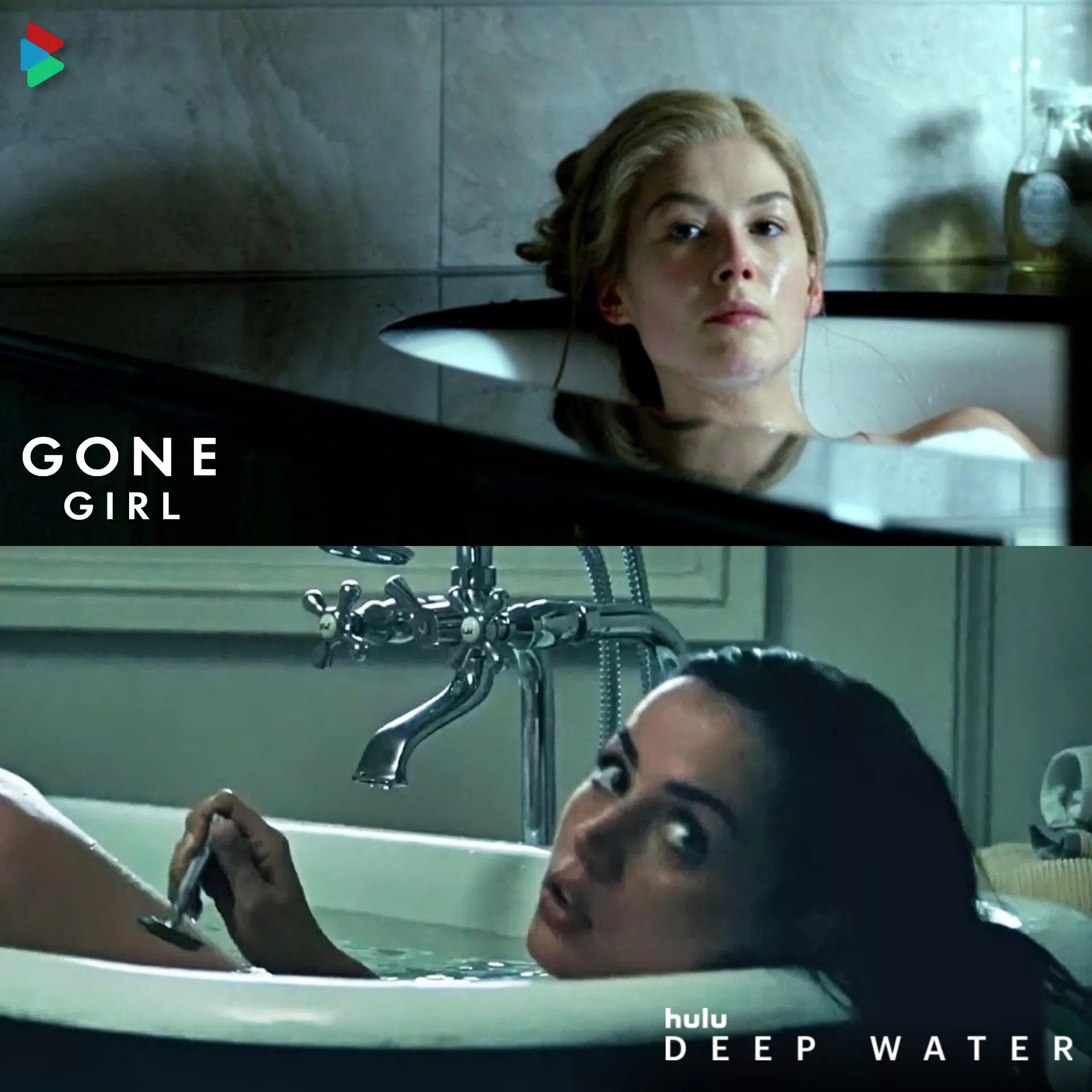
The parallels between Deep Water and Gone Girl are striking—they explore the dynamics of marriage and the aftermath of infidelity. The extreme nature of the story may lead some to dismiss it as illogical or incomprehensible, but beneath the surface lies a nuanced portrayal of the complex and contradictory relationships of middle-aged couples. The emptiness and dullness of marital life, alienation of human nature, jealousy, and control underscore Vic and Melinda's tumultuous emotions. Forced to maintain a crumbling marriage for the sake of their children, the constraints of possessive love become unbearable for Melinda, ultimately driving Vic down a criminal path fueled by innate jealousy.

Should Melinda be given sympathy, or should she be despised? Looking back, the film's themes become apparent, with all other elements merely serving as window dressing. In other words, at its core, this adaptation is about women. Highsmith astutely observes, "Women are the last things men ever civilize; they're the first things they ever conquer."
Strangers on a Train, despite being Highsmith's debut, solidified her position in literature and cinema after being directed by suspense master Alfred Hitchcock. Carol marked Highsmith's first depiction of lesbian love, departing from the subtle portrayals in the Ripley series. Highsmith vividly renders the love story of the two female leads, creating an enchanting narrative. Throughout her writing career, Highsmith left several works that needed to be completed. Among them, Deep Water is her first unfinished novel and the first incomplete work to be adapted into a film. Despite its unfinished status, the novel's suspenseful elements and psychological explorations remain captivating, showcasing Highsmith's unique dark style.
Patricia Highsmith's influence extends far beyond her iconic Ripley series. Despite the diverse subject matter, Highsmith's works consistently probe the complexities of human relationships and societal norms, challenging audiences to confront uncomfortable truths. Highsmith continues to captivate and provoke audiences through her keen observations and unflinching portrayals, solidifying her place as one of the most influential voices in literature and film.






Share your thoughts!
Be the first to start the conversation.